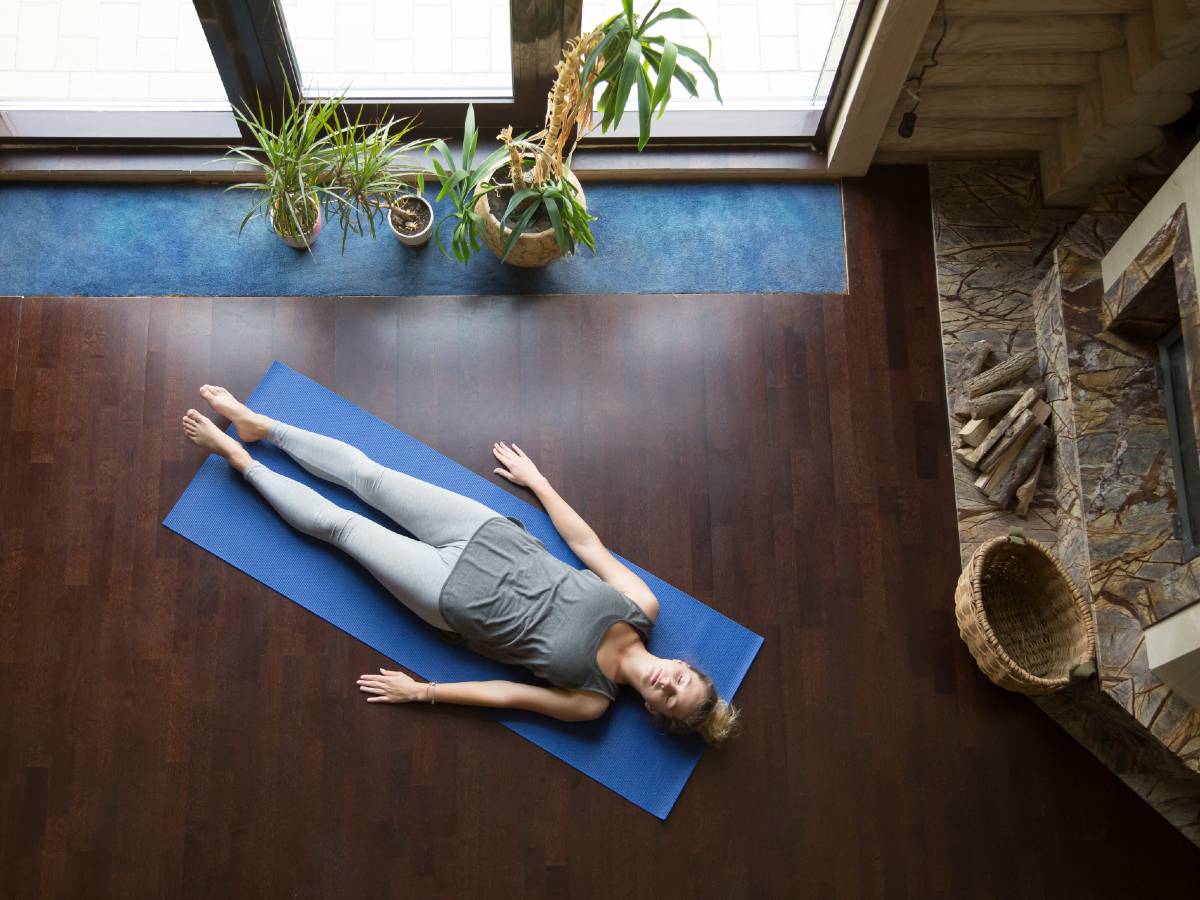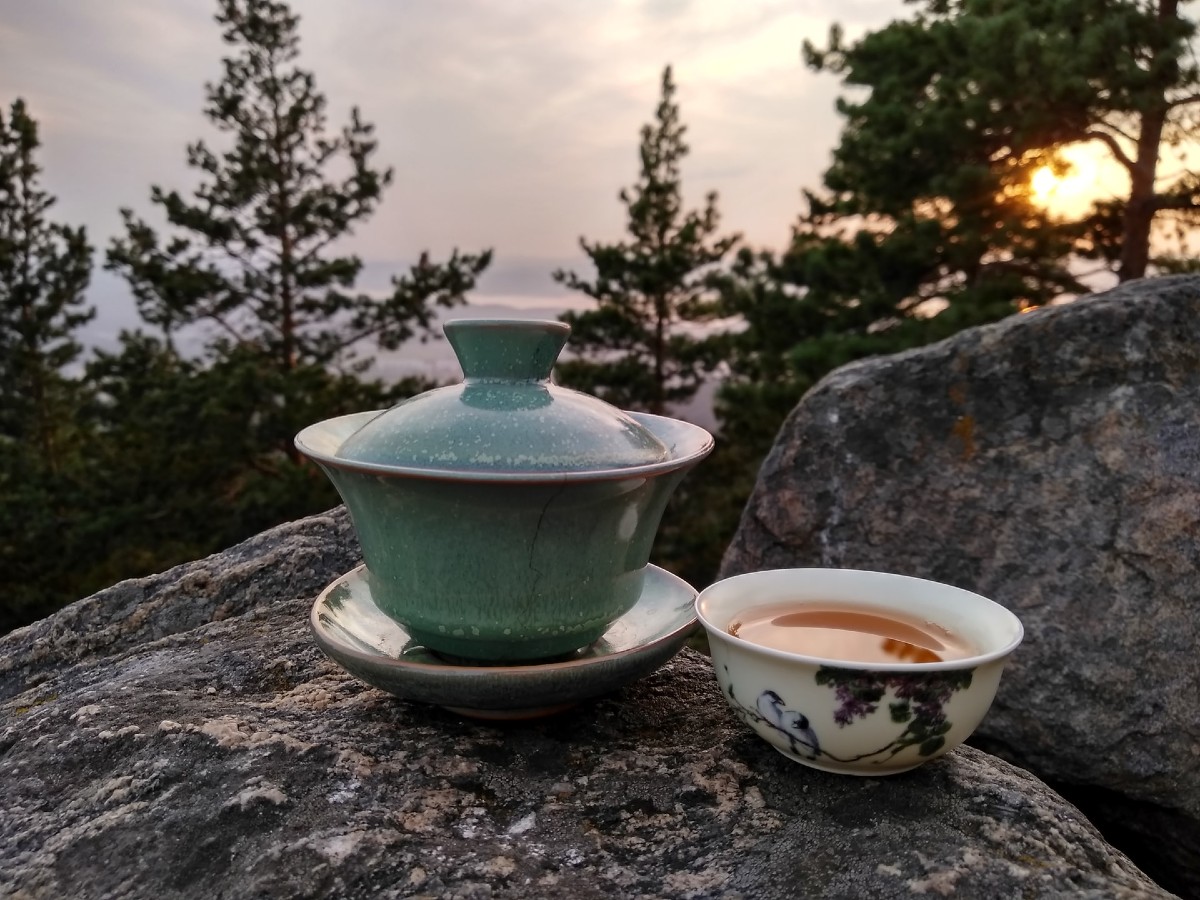Most of us are aware of the general things we can do to protect ourselves from picking up colds and flu – keeping warm and dry in wet weather, staying on top of our immune supplements like Vitamin C, Vitamin D, and zinc, and of course trying to avoid contact with people who are ill as much as possible. Another way though, that we can help to protect ourselves from getting sick, is managing our stress levels. Psychological stress has been shown to have a negative effect on our immune systems, making us more vulnerable to picking up colds and flu. This is especially true for chronic stress and anxiety, which has been shown to have a strong effect on reducing our immune function. This is because chronic stress and anxiety can raise levels of cortisol, which reduces the level of lymphocytes, the white blood cells that are a main component of our immune response.
So how do we ensure we are keeping our stress levels in check? Here are four simple strategies that are easy enough to implement straight away:
1. Get enough sleep
Sleep is an important protective factor against stress. Research has found a correlation between sleep and stress; the more sleep a person gets, the lower their levels of stress. The quality of your sleep is also important, so ensuring you have a good sleep environment (not too much light or noise, keep disturbances to a minimum, cool room) will help to promote a good night’s rest.
2. Reduce stress through relaxation practices
There’s no right or wrong way to do this, it’s more important that you find something that works for you and that you can do consistently. Some ideas are meditation, yoga, Qi Gong, a stretching class, or having a warm bath or foot bath. Try to dedicate time in your day to relax with no interruptions. As with all these strategies, consistency is key.
3. Regular exercise
Exercising regularly both reduces stress levels and improves immune function. Exercise can reduce the levels of stress hormones in the body, particularly cortisol and adrenaline. But it also raises the level of lymphocytes in the blood, directly helping to improve immunity. The best kind of exercise? One you are actually going to do! Finding a way to fit in some gentle exercise daily (walking, swimming, yoga), with some moderate to vigorous exercise 2-3 times per week (running, cycling, gym, etc.) seems to give the most benefit.
4. Acupuncture for stress relief
Acupuncture has been shown to be beneficial in reducing stress levels. But it has also been found that acupuncture can have a beneficial effect on the immune system directly, by reducing inflammation and reducing the stress effects on the immune system.
If you would like more information about how acupuncture can help to reduce your stress levels and help to improve your immune function, please don’t hesitate to contact me at lachlan@lachlanmcdonaldacupuncture.com.au.
References
American Psychological Association (2013). Stress and Sleep. [Online] Available at: https://www.apa.org/news/press/releases/stress/2013/sleep
Harvard Health Publishing (2020). Exercising to relax. [Online] Available at: https://www.health.harvard.edu/staying-healthy/exercising-to-relax
Liang, F., Cooper, E., Wang, H., Jing, Z., Quispe-Cabanillas, J. & Kondo, T. (2015). Acupuncture and immunity. Evidence Based Complementary and Alternative Medicine, 2015, doi:10.1155/2015/260620
McLeod, S. A. (2010). Stress, illness and the immune system. Simply Psychology. https://www.simplypsychology.org/stress-immune.html
Pelinski de Silveira, M., Fagundes, K., Bizuti, M., Starck, E., Rossi, R. & Silva, D. (2020). Physical exercise as a tool to help the immune system against Covid-19: an integrative review of the current literature. Clinical Experimental Medicine, 2020, 1-14.
Segerstrom, S. & Miller, G. (2004). Psychological stress and the human immune system: a meta-analytic study of 30 years inquiry. Psychological Bulletin, 130(4), 601-630.






